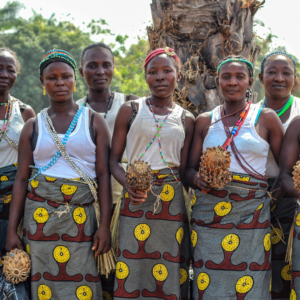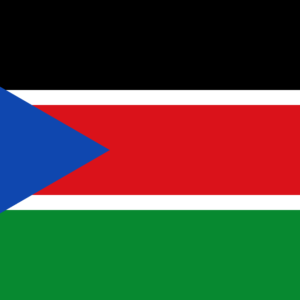The United Nations International Day for Disaster Risk Reduction emphasizes the importance of funding resilience today to avoid higher costs from disasters in the future. The African Development Bank Group’s Africa Disaster Risk Financing Programme (ADRiFi), in partnership with the Africa Risk Capacity Group, provides African countries with access to disaster risk insurance. By paying premiums, countries can secure substantial payouts following catastrophic events, enabling rapid response and recovery. ADRiFi strengthens governments’ abilities to plan for disasters, assess climate risks, and adopt innovative adaptation strategies, including climate risk insurance.
The Gambia was the first country to join ADRiFi in 2015, recognizing the importance of economic growth in reducing vulnerability and poverty. Natural disasters such as flooding and drought pose serious threats to agriculture, which is central to the nation’s economy. Membership in ADRiFi has enhanced the capacity of the National Disaster Management Agency to respond to the immediate, medium-term, and long-term needs of the most vulnerable communities affected by extreme weather events.
Climate change-related disasters in The Gambia threaten both human lives and livelihoods by damaging crops and livestock. Agriculture employs around 75 percent of the workforce and supplies about half of the nation’s food requirements, yet it is highly vulnerable to recurring droughts. ADRiFi, in collaboration with the World Food Programme, has strengthened resilience to drought and other climate shocks at the community level. To date, approximately 275,000 people, 65 percent of whom are women and children, have benefited from the programme.
The Gambia exemplifies the growing vulnerability of African countries to extreme climate events such as droughts, flooding, and cyclones. Sanna Dahaba, Executive Director of the National Disaster Management Agency, highlights that without disaster risk reduction planning, hunger and vulnerability are likely to increase. Through ADRiFi, the African Development Bank and African Risk Capacity Group have provided financial protection, improved risk knowledge, and increased awareness among national agencies and the insurance industry. More than eight million people across participating African countries have received protection, with over $330 million of climate risk transferred to international insurance markets.
In 2022, ADRiFi delivered its first major impact in The Gambia when a drought devastated agriculture. The government received a disaster risk insurance payout of approximately $140,000, which, in coordination with the World Food Programme, supported 3,855 drought-affected households, totaling about 50,000 people. In villages like Madina Angaleh, payouts allowed residents such as widow and rice farmer Macotu Torre to purchase food and invest in livestock, preventing families from consuming seeds intended for planting and enabling them to rebuild their livelihoods.







